

| Veronika T. Dzahova. On Stress in the Ossetian Language | |
|
The aim of the article is to add new data to the traditional description of the verbal stress in the literary Ossetian language (Iron dialect). The data were received with the help of modern means of analysis based on the perception of stress by native speakers. The analysis of the perception of isolated stressed and unstressed vowels by native speakers shows the absence of the qualitative reduction of vowels in the Ossetian language. The absence of contrast in duration and intensity between stressed and unstressed vowels also confirms our conclusions. |
|
| A.A. Yelistratov. Lexical and Semantic Parallels between Sportsmen’s Slang and Drug Addicts’ Slang | |
|
The aim of the work is to reveal parallels in the vocabulary of drug addicts and sportsmen and to find out reasons why these parallels exist. The author shows that the lexical and semantic parallels have deeper roots than simply use of the same lexical units. The key is similarity of both subcultures, which can be traced down both in their similar history and activities. The analysis has been carried out through application of different sources. All in all there have been found six semantic groups of the parallels in question. |
|
| Anna G. Kadykova, G.E. Kreidlin. Parts of body in the Russian language and culture: «Colour» feature | |
|
The main object of the article is the colour of a somatic object. Colour is one of the great many features that pertain to human body and its parts. The authors regard various relations between colour and other body features, such as temperature, physical state, emotional state, etc. The regularities that determine cooccurence of language nominations of different corporeal colours are formulated and discussed. |
|
| Anna S. Krasnikova. Diachronic changes and the problem of text Identity | |
|
Linguistic approach to text is always synchronic, as if text doesn’t vary with time. However if linguistics intends to built general text theory and to study text functioning it has to take into account text dynamic. The paper treats general problems of text dynamic and text equivalence and also describes concrete case that could be very convenient for text dynamic and equivalence studies: a history of poem Ulyalaevshchina by I. Selvinskij. |
|
| Maria A. Opaleva. Egocentric speech in dialogues between preschool children | |
|
This article is devoted to the problem of egocentrism of children’s thought and such its verbal reflection as egocentric speech. Egocentric speech replicas, that were examined, appeared in process of social interaction of six-year old children, during dialogues between them. The examination of the egocentric replicas between the dialogical ones gave author an opportunity to define its functions in children’s communication and to make some hypothesis concerned the possible preconditions of the appearance of egocentric speech in early childhood. |
|
| Natalya G. Semenova. Textual dependence between different translations of the same work in the situation of unofficial and anonymous distribution (the case of Lord of the Rings’ translations) | |
|
Due the total censorship pressure many translations of Fantasies were distributed in the Soviet Union as anonymous typewritten copies. The textual analysis reveals numerous borrowings between some of these translations that occurred during their life in the «samizdat». This article presents the comparison of two translations of the famous Tolkien’s trilogy «The Lord of the Ring». |
|
| Irina V. Sushkova. The lexical problems of translating the orthodox liturgical texts into Modern Russian | |
|
The article is devoted to the translation of the Orthodox liturgical texts into modern Russian. Such lexical problems as adequacy or inadequacy of the Church Slavonic text and the Greek original, rendering of the cases of ambiguity in the original, the choice between translating or preserving the Church Slavonic word, «translator’s false friends», translation of the Church Slavonic words with some connotations in Russian, traslation by means of nonce words are discussed on the example of three Russian translations of the Vespers. |
|
| K.I. Demich, A.V. Kostyrkin, Zoya M. Shalyapina. RAMEYA/i — Computer Workstation for Linguists Specializing in Ideographic Languages: General Outline | |
|
The paper is concerned with the basic arrangement of the RAMEYA/i complex under development at the Institute of oriental studies of the Russian academy of sciences. The complex is designed as an automatic workstation for linguists specializing in languages with character (ideographic) scripts. Three modules of the complex are considered: the translation module, the lexicographic/encyclopaedic reference module, and the text corpora module. Each module is described as to the functions it provides for processing lexicographic and corpora information. |
|
| M.S. Kit. On High-Performance Online Dictionaries: the Case of LexSite Dictionary Development Example | |
|
tionary State-of-the-art translation technologies require highly-efficient lexical resources while the existing online dictionaries do not meet this requirement. The paper shows results of a benchmark of the EnglishRussian dictionaries available online, indicating the need for development of more efficient dictionaries and improvement of relevance of the dictionary response to the user’s queries. A revision of the approach to lexical resources as passive tools is proposed. Problem statement is made and a practical work on development of an advanced lexical resource LexSite is discussed. Further actions for improvement of interactive online lexical resources are proposed. |
|
| Oksana A. Voloshina. The grammar by Panini and the European Linguistics | |
|
Summary: The European linguistics in 19 century developed under the influence of the Indian linguistic tradition, the grammar of Panini and the main principles of the linguistic description in ancient India. The difference of the linguistic description can be caused by conceptual difference in the aims and methods. |
|
| Elena A. Ivanova. Aleksandr Reformatskij’s years of apprenticeship: the Moscow University | |
|
The paper deals with the years of Reformatskij’s studying at the Moscow University (1918-1923) and describes the genesis of his scientific interests which laid the foundation of his future researches activity. |
|
| Maria B. Rukodelnikova. Grigorij Tkachenko and traditional Tkachenko Readings | |
|
The article is devoted to the well-known Russian Sinologist Grigorij Tkachenko (1947–2000). He was head of the Department of Oriental Languages RSUH (1992–2000), director of the Institute for the Cultural Anthropology RSUH (1996–1999). Starting from 2000, every autumn, Department of Oriental Languages holds Traditional Tkachenko Readings. The article deals with some lectures, which are publishing in current issue. |
|
| V.V. Glebkin. Towards an interdisciplinary theory of emotions | |
|
One of the most important problems of modern cognitive science is the lack of methodology that fits the experience. Used in modern psychology, sociology, linguistics paradigms are generally based on Western philosophy tradition and the paradigms often transforms into a Procrustean bed for the experimental dates. In this paper the problem is illustrated by the example of emotions. In the first part the author deals with main modern approaches to emotions (psychophysiological, ecological and sociocultural), exposes their foundations and limits. In the second part he outlines the scope of semiotic model of emotions uniting mentioned approaches. |
|
| T.V. Ivchenko. Zhu Xi’s «Small Learning» and the principles of the self building: on the border of text analysis and didactics | |
|
The present article deals with the relation between the compositional and ideological aspects of the «Small Learning» — one of the didactic treatises of Zhu Xi. The so-called «spiral» composition of the treatise, being to a large extent unique for the texts of this kind, enables Zhu Xi to express clearly the very essence of the process of learning: to lead a disciple in a step-by-step fashion to the perception of highly abstract categories and social values. |
|
| Olga B. Khristoforova. On the issue of semantics of humanlike images among the Northern Samoyed | |
|
The article examines some features of the funeral rites of the two cognate peoples of Siberia — the Nenets and the Nganasan (their languages both belong to the Samoyedic filiation of the Uralic family). The author analyzes the semantics of humanlike images, so called «dolls of the dead», or substitutes of the deceased, and comes to the conclusion that there is a close relation between presence (or absence) of the anthropomorphic images (including children’s toys), characteristic features of the funeral rites, and the notions of death and the dead. |
|
| Tatyana Yu. Kobzareva. Decoding linear structure of the Russian sentence (the Curriculum for Students in Linguistics) | |
|
The program of the course for students-linguists considering problems of automatic surface-syntactic analysis of the Russian sentence is presented. Possible new ways of analysis organization are studied: the special grammar defining the order and recursive structure of procedures of the parse, enables to segment the sentence before modelling of internal structure of segments and connections between them. |
|
| Olga O. Bageeva. The letters of semiliterature authors of the early XXI century — a source for the study of punctuation usage. The Second Part | |
|
A collection of contemporary written texts created by semiliterate (uneducated) elderly Russian native speakers is cited in the publication. The collection appeared in the framework of the task of studying the real functioning of Russian punctuation. The texts of semiliterate people are a convenient material to look into possible ‘natural’ deviations from the regulated punctuation system. These letters are the documents of natural written speech and can be used to characterize not only the punctuation habits but also the other sides of the linguistic consciousness of their authors. The second part of the collection. The first part was published in the volume of 2008. |
|
| Larisa L. Shestakova. Russian Author’s (Writer’s) Lexicography in 2000–2008: Materials for the Bibliographic Guide | |
|
Dictionaries of authors’ idiolects, materials for such dictionaries and papers on the theory, technique and history of author’s lexicography are presented. | |
Editorial contacts:
Miusskaya sq. 6, building 2, Moscow, 125993, Russia,
Institute of Linguistics, RSUH
Mail to:
msk.ling.j@gmail.com